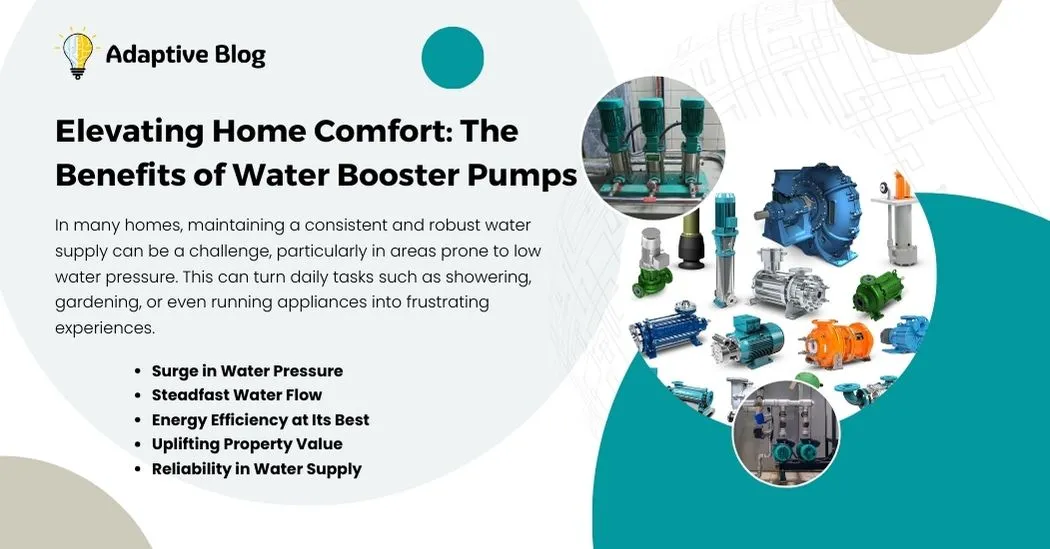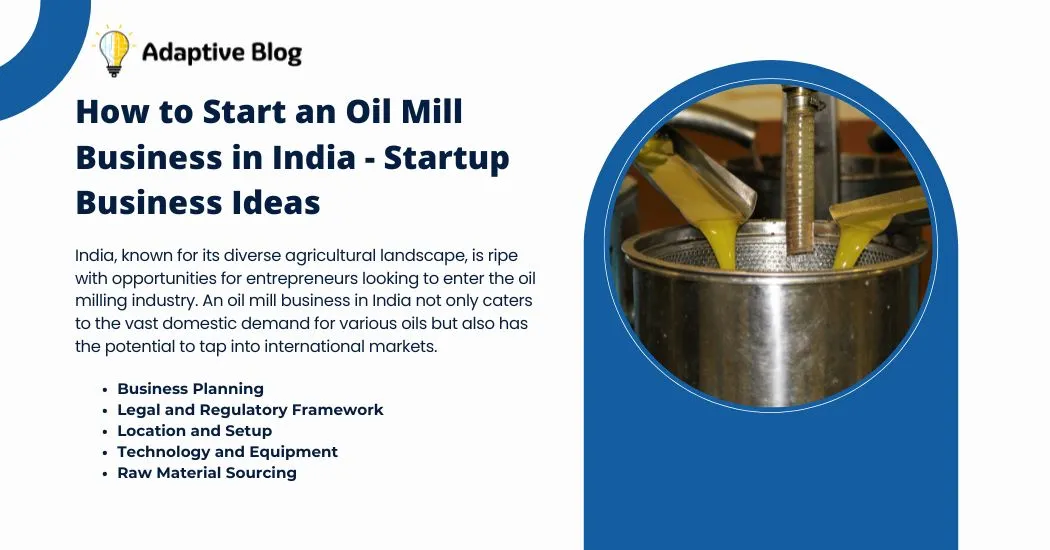How To Manage Anxiety During And After Pregnancy
Pregnancy is an exciting time in any woman’s life. After all, a baby is forming and growing in your body! But every pregnancy has its struggles. While some women appreciate their growing and changing bodies, others find it hard to adjust to the new ‘her’. Women may experience mood swings, loss of appetite, untimely cravings, fatigue, and much more. Women can easily overcome all such challenges with love, care, and support from their family and friends. While most emotions and needs of a woman during pregnancy can be observed and taken care of by the people around her, anxiety lies hidden.
What is Anxiety During Pregnancy?
It is perfectly natural to feel a little anxious about your pregnancy and the well-being of your child. But suppose you notice that your thoughts spiral out of control and affect your wellness and relationships with others, in that case, you may be experiencing anxiety during pregnancy, also known as Prenatal or Antenatal anxiety. People experiencing prenatal or postnatal anxiety may feel extremely nervous most of the time, worrying excessively about the baby and its health, and find it difficult to relax and be at ease.
What Causes Anxiety During and After Pregnancy?
There is no single cause of prenatal or postnatal anxiety. Doctors and healthcare providers believe the following factors can cause anxiety during or after pregnancy.
- Hormonal Changes: Changes in hormones during pregnancy and their sharp decrease after delivery may cause changes in mood and unnecessary reactions to small things resulting in anxiety.
- Lack of sleep: Due to cravings or a growing tummy, falling asleep can become difficult during pregnancy. After the delivery, feeding sessions and taking care of the baby might interrupt your sleep. Sleep deprivation can cause anxiety.
- Feeling responsible for the baby: A new baby depends entirely on its parents for all its needs. The fact that you have to take care of the baby’s safety, health, food, well-being, and all other requirements may be overwhelming and cause anxiety.
- Stressful events: Complications during pregnancy or witnessing other parents go through a difficult time can cause anxiety during pregnancy. Additionally, a stressful or negative atmosphere at home may also be a cause. Issues with delivery, breastfeeding, latching, etc., can also be the reason for anxiety after pregnancy.
- Risk factors: Health conditions and previous miscarriages can also lead to anxiety.
How to Recognize Prenatal or Post-Delivery Anxiety?
While prenatal and postnatal anxieties exist, you may confuse them with normal worrying and fussing over the baby. Therefore, to recognize pregnancy-related anxiety, you need to look out for certain symptoms such as:
Physical symptoms:
- Disrupted sleep patterns
- Increased heart rate and palpitations
- Nausea or constant stomach aches
- Shortness of breath
- Loss of appetite
- Recklessness and trouble sitting still for a long time
Emotional symptoms:
- Inability to stay calm for longer periods
- Always having negative thoughts and thinking of worst-case scenarios
- Irrational fears and doubts
- No presence of mind and difficulty concentrating
- Forgetfulness and getting irritated at small things
Behavioral symptoms:
- Avoiding meeting people, places, and certain activities
- Not wanting to leave the baby even under trustworthy supervision
- Worrying about situations that aren’t dangerous.
- Wanting to take control of everything related to the baby
How to Know If You Have Prenatal or Postnatal Anxiety?
While other medical conditions have diagnostic tools to determine if a person has a condition, pregnancy-related anxiety can not be diagnosed conventionally. If you feel you have anxiety, you must visit a healthcare provider who may ask you to fill out questionnaires. Be honest about your answers and discuss openly how you feel. Depending on the severity of your symptoms, the healthcare provider may use certain screening tools.
How To Manage and Treat Prenatal Or Postnatal Anxiety?
Once you are sure you are experiencing pregnancy-related anxiety, several measures can be taken to manage and treat it. Depending on your symptoms, health history, and the pregnancy or post-pregnancy stage, your healthcare provider might recommend different treatments. Medication is not required if the anxiety experienced is not severe. Therefore, changing your daily routine and being in the presence of loved ones can help you deal with and eliminate anxiety.
Things you can do to deal with anxiety are as follows:
- Regular exercise or physical activity: Activities like exercising and moving your body release serotonin and endorphins, also known as Happy Hormones. While it is normally safe to exercise or engage in physical activities during and after pregnancy, if you are facing complications during pregnancy, it is better to consult your doctor before starting any regular exercise.
- Get enough sleep: Getting quality sleep and eating enough protein releases Dopamine in the brain, which gives you a feeling of happiness and contentment. Follow a calming bed routine and use a pregnancy pillow for better sleep positions to get adequate sleep.
- Maintain a journal: Writing down your worries and blessings may help you come up with solutions and feel better.
- Yoga: Relaxation techniques such as yoga, meditation, spa massages, etc., can help you feel better. There are several other benefits, such as yoga for high bp.
- Other activities like spending time with people you love, laughing, doing something creative, and admiring the beauty of nature can help relieve anxiety.
Conclusion
Pregnancy is a time for the mom-to-be to be happy and excited about the new beginning. Prenatal and postnatal anxiety can be a bummer. Therefore, taking measures to put yourself in a happy and optimistic mood will benefit you and the baby. It also helps inhigh bp control.






